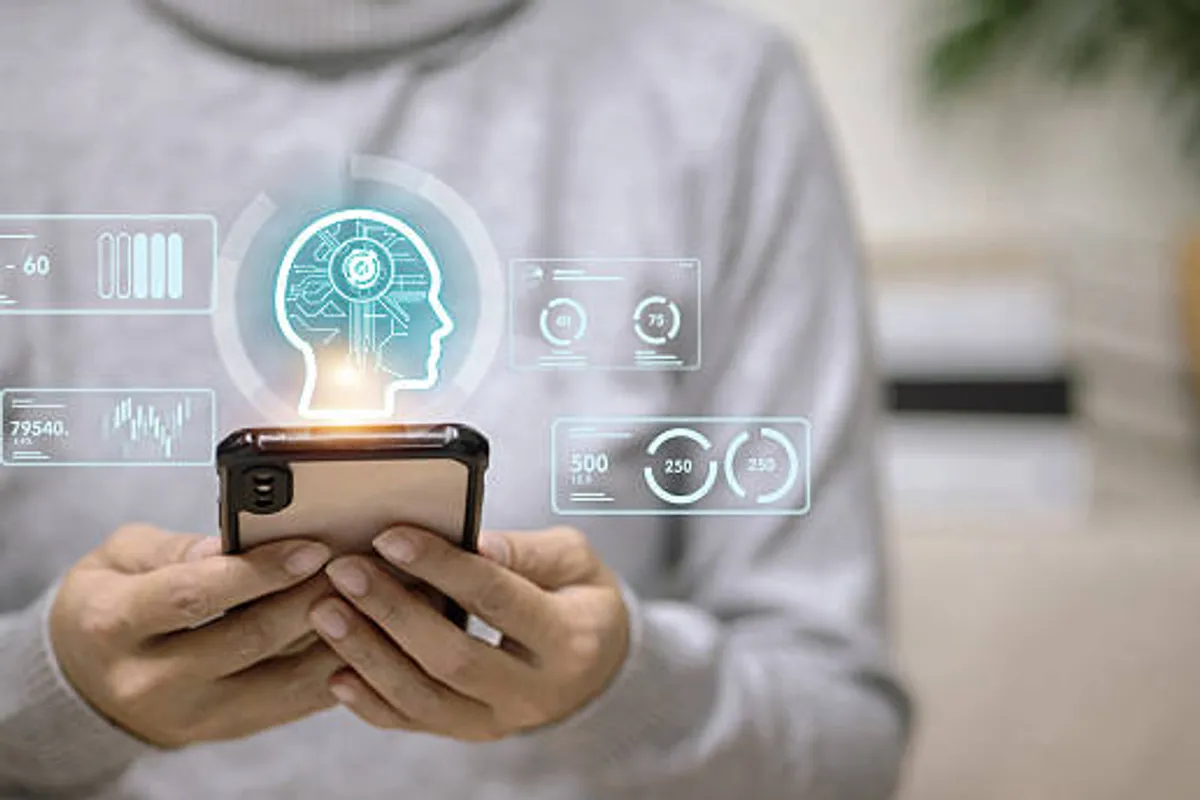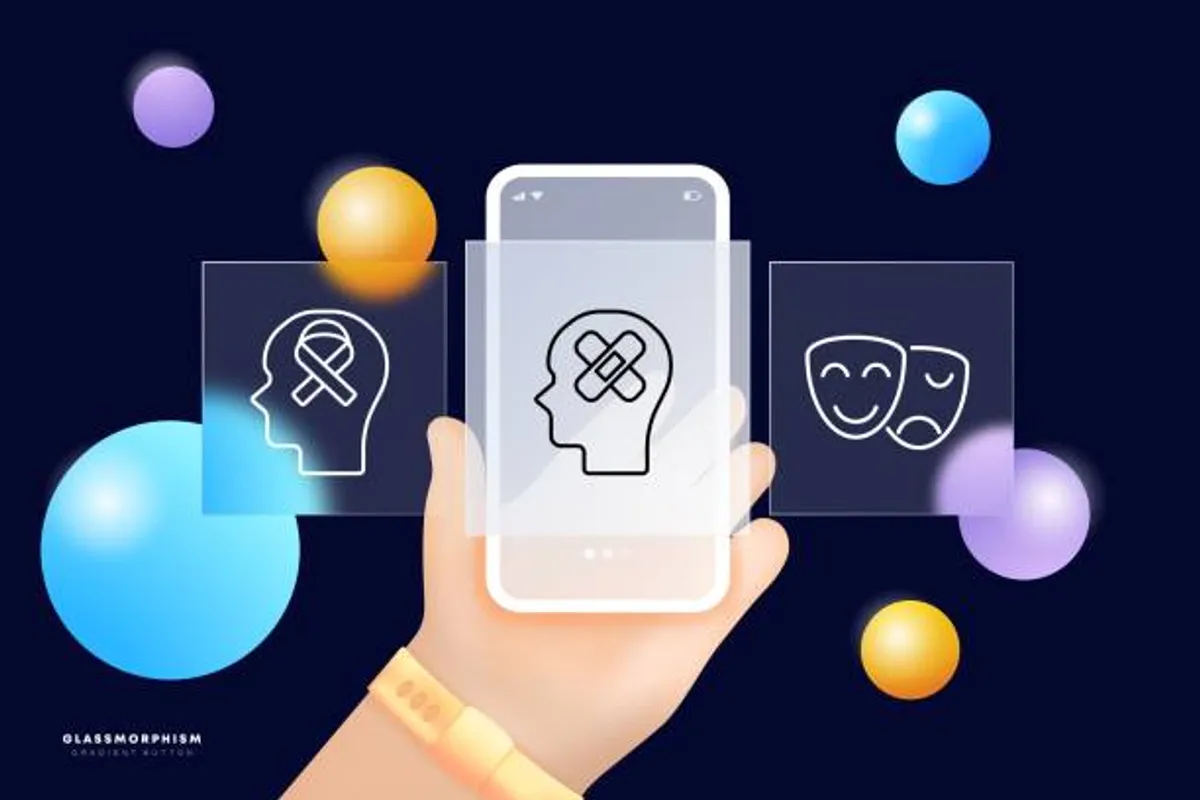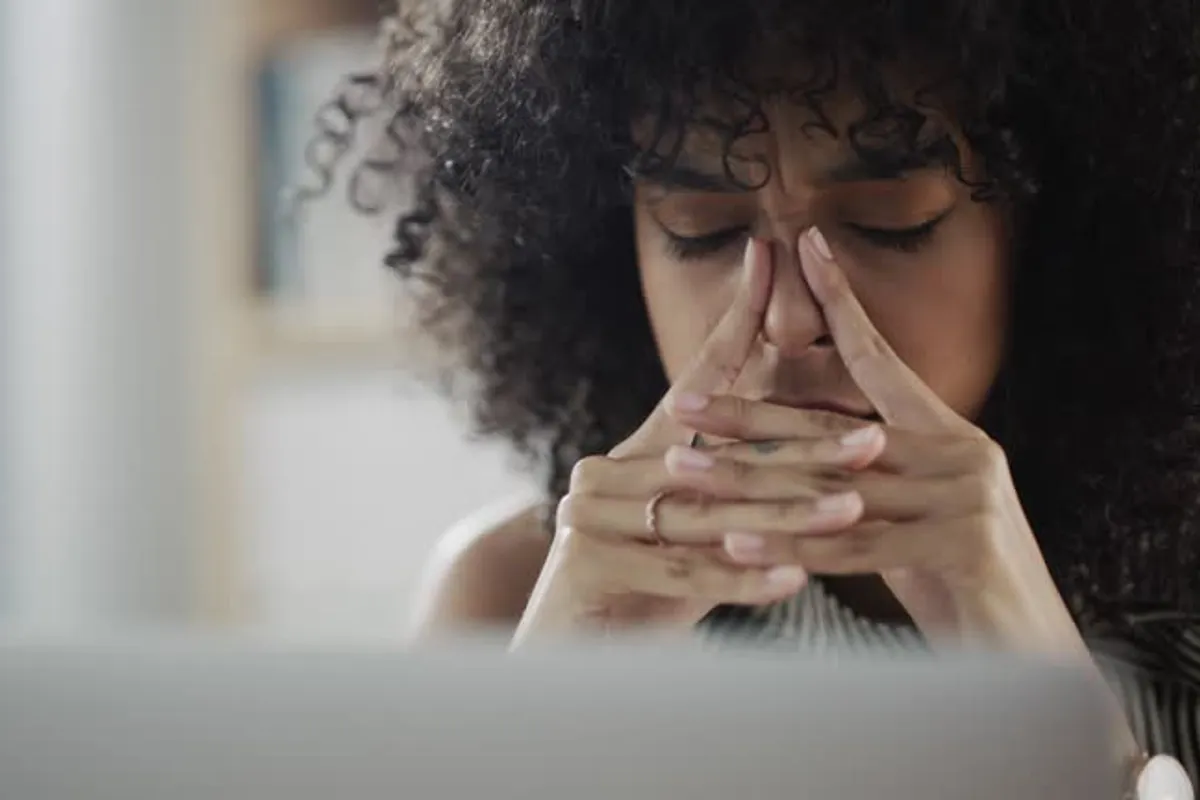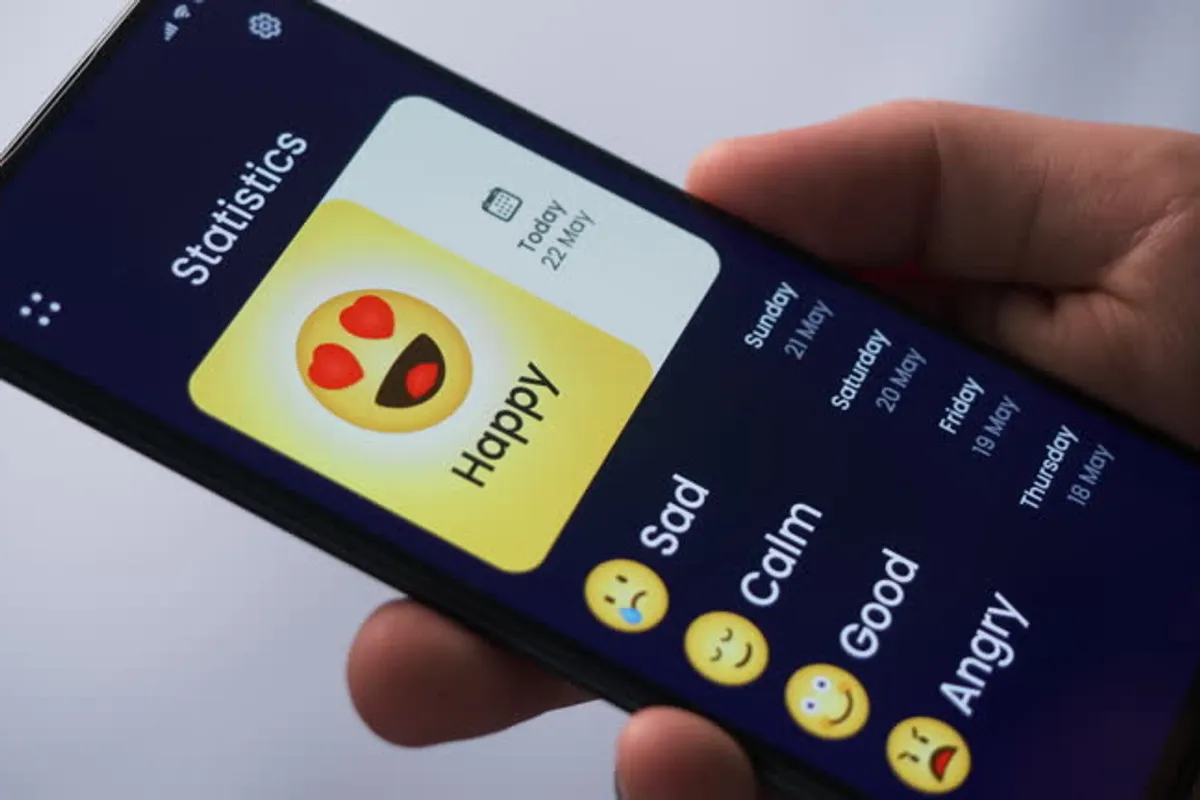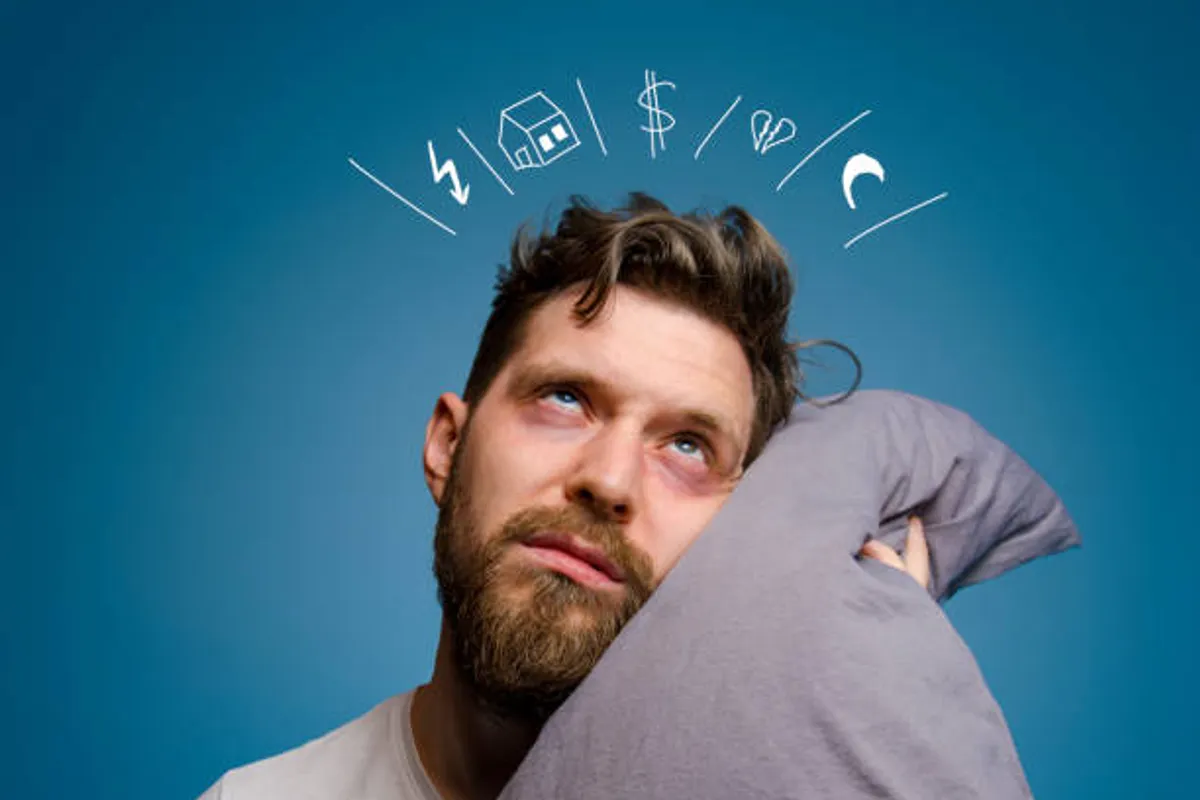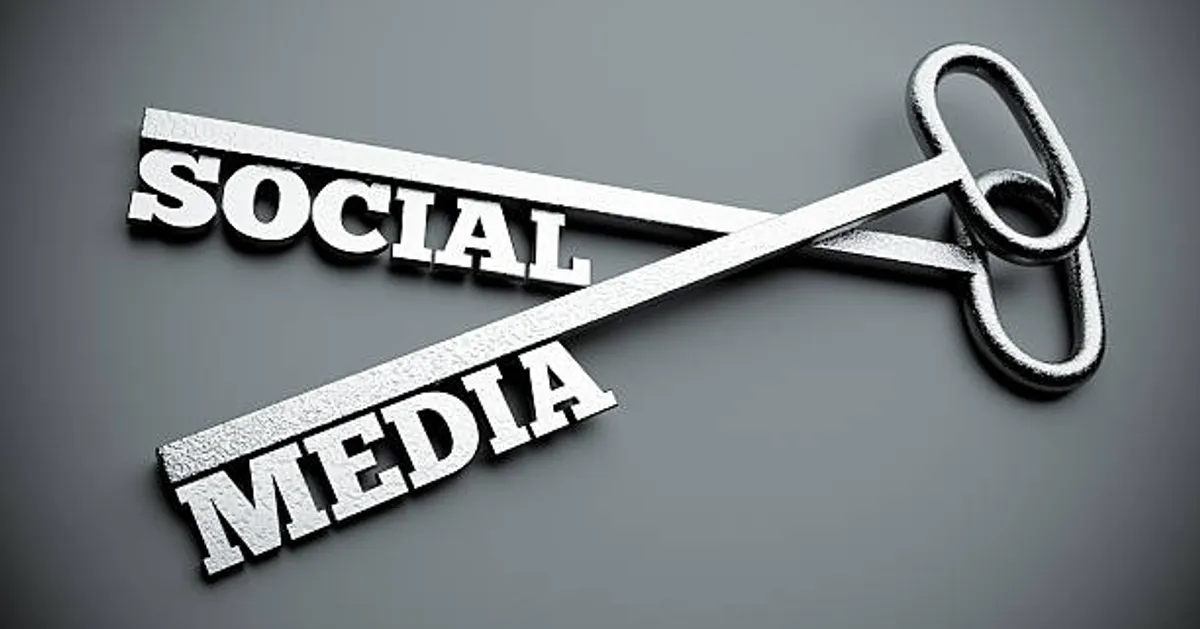
How Social Media Comparison Fuels Anxiety — and How to Combat It

GeokHub
Contributing Writer
In a world where scrolling has become second nature, many of us find ourselves comparing our daily lives to the highlight reels of others. Whether it’s a friend’s vacation photo, a celebrity’s flawless morning routine, or a peer’s career milestone — social media often blurs the line between reality and illusion.
While platforms like Instagram, TikTok, and X (formerly Twitter) can foster connection and inspiration, they also have a darker side: the anxiety born from constant comparison. And in 2025, when curated digital identities are more polished than ever, this effect is intensifying.
The Psychology Behind Comparison
Humans are naturally wired to compare — it’s how we learn, grow, and measure progress. But on social media, the comparison scale is distorted.
Platforms are engineered to reward perfection: flawless images, filtered videos, and carefully crafted captions. The more polished the content, the more engagement it tends to receive — creating an endless loop of validation for appearance and achievement.
This environment fuels what psychologists call “upward comparison” — measuring ourselves against people we perceive as doing better. Over time, it can trigger feelings of inadequacy, envy, and self-doubt, gradually eroding self-esteem.
A 2025 study published in The Journal of Digital Wellbeing found that users who spent more than two hours daily on appearance-focused platforms reported a 47% higher risk of anxiety symptoms, compared to those with limited use.
How Social Media Triggers Anxiety
The link between social media and anxiety doesn’t stem from the platforms themselves, but from how they are used. Here’s how the cycle unfolds:
- Curated perfection: People post their best moments, giving a skewed picture of their lives.
- Instant comparison: Scrolling through feeds activates self-evaluation — “Why am I not there yet?”
- Emotional response: Feelings of failure, loneliness, or low self-worth creep in.
- Compulsive checking: Anxiety leads to more scrolling for reassurance, deepening the cycle.
This phenomenon has been dubbed “the comparison trap” — a subtle, addictive loop where each scroll can chip away at emotional wellbeing.
The Role of Algorithms
In 2025, social media algorithms have become more sophisticated, tailoring content to users’ emotional patterns. If you linger on a post about luxury travel or fitness transformations, you’ll see more of the same.
This constant exposure reinforces unrealistic standards — making it feel as though everyone is doing better, earning more, or living happier lives. Over time, that illusion can lead to chronic anxiety, burnout, and even depressive symptoms.
Practical Ways to Combat Comparison
You don’t need to delete your accounts to protect your mental health — but you do need to take control of how you use them.
1. Curate Your Feed
Unfollow or mute accounts that trigger negative emotions. Instead, follow creators who promote authenticity, mental health awareness, or realistic lifestyles.
2. Set Screen Boundaries
Use built-in features like “Screen Time” or “Digital Wellbeing” to limit daily app usage. Even reducing your scrolling by 30 minutes a day can lower stress and improve focus.
3. Practice Gratitude and Self-Reflection
When you feel the urge to compare, shift your attention to what’s going right in your own life. Daily gratitude journaling helps train the brain to focus on abundance rather than lack.
4. Engage Mindfully
Instead of passive scrolling, use social media for genuine interaction — comment, message, and connect meaningfully. Active engagement is less likely to spark anxiety than passive observation.
5. Take “Digital Detox” Days
Set aside one or two days a week to disconnect completely. Studies show that short breaks from social media can significantly reduce cortisol levels and anxiety symptoms.
The Bigger Picture: Redefining Online Validation
Ultimately, healing from social media comparison requires a mindset shift. Instead of viewing likes, views, or followers as validation of worth, focus on real-world fulfillment — meaningful relationships, health, and personal growth.
Platforms may evolve, but the human need for connection remains constant. The key is ensuring that connection comes from authenticity, not illusion.
As mental health experts remind us, social media isn’t the enemy — mindless comparison is. By taking small, intentional steps, you can reclaim your peace of mind and use technology as a tool for inspiration, not insecurity.
